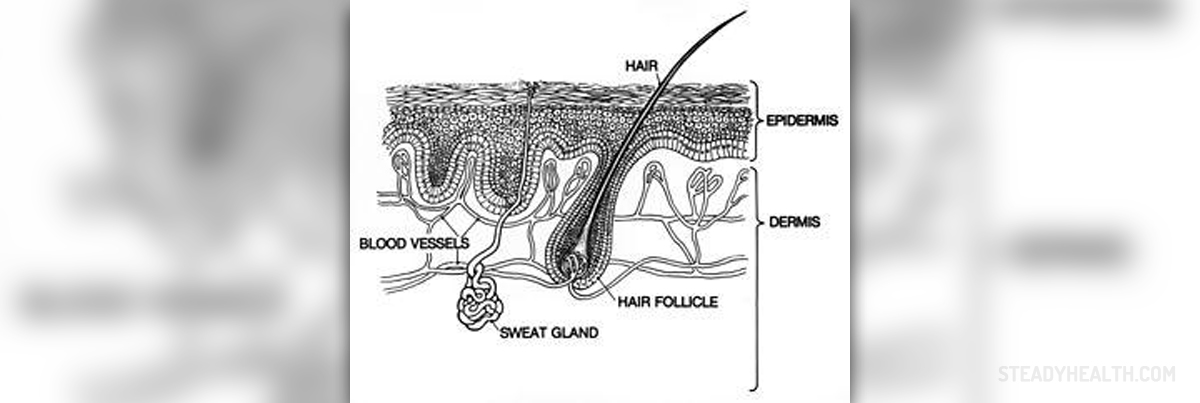
Epidermolysis bullosa acquisita (EBA) is a skin disorder manifesting through blisters forming on the skin and mucous membranes. Blisters, scars and milia are all possible lesions affecting the troublesome area of the skin. Generally, the affected portion of the skin may be prone to inflammation.
This is a rare condition, as far as human beings are concerned. In fact, only dogs are known to suffer from this condition too.
Treatment for Epidermolysis Bullosa Acquisita
Most commonly, patients suffering from EBA are prescribed with oral corticosteroids and immunosuppressant medications. However, since patients who are treated with corticosteroids in the long run risk suffering from bone diseases and deterioration, daily supplements of vitamin D and calcium are necessary for prevention of osteoporosis.
Also, these patients need to take bisphosphonates, which is, again, a substance necessary for maintaining proper health of bones.
Some patients do not respond well to corticosteroid treatment. Then, some new, experimental medications may be used instead. However, these are not yet proven to be useful for therapeutic purposes. Regardless, the most common medications of this type are intravenous immunoglobulin and anti-CD20 antibodies.
Talking to Your Doctor
During the EBA treatment, the patient needs to be in contact with the doctor, throughout the whole procedure, so that the health expert may monitor and track the patient's progress and recovery, modifying the therapy if necessary. EBA can lead to inflammatory bowel disease, so doctors need to keep an eye on this condition too. Also, the doctor needs to be in contact with the patient's dentist since oral blistering may appear as well, if a person is suffering from epidermolysis bullosa acquisita. Thus, the dentist and the doctor may need to work together in order to deal with both the symptoms and the complications of this skin disorder.
Furthermore, EBA may affect the eyes as well. Then, cooperative treatment with an ophthalmologist may be necessary and highly beneficial.
Diet vs. EBA
If EBA manifests through oral blistering, the patient should not consume hard or brittle types of food, or foods which contain high levels of acid like tomatoes or orange juices, for example. Consuming these types of food may aggravate symptoms of EBA and induce formation of new lesions. Also, patients need to take care of their skin and protect the affected areas since any additional trauma is bound to make matters worse. Protective clothing is recommended during exercising and proper levels of hygiene are necessary for keeping flare-ups of this condition at bay.


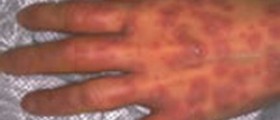
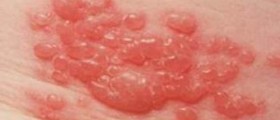
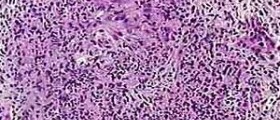
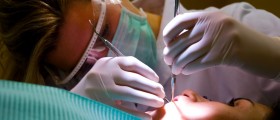
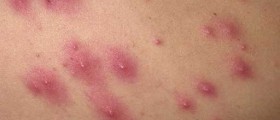

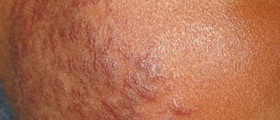
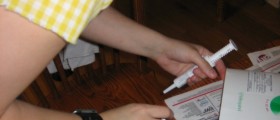

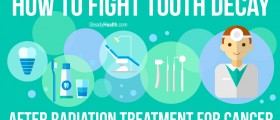


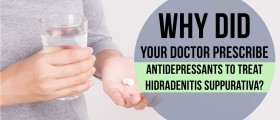
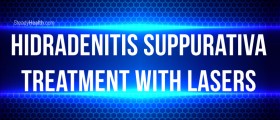
Your thoughts on this
Loading...